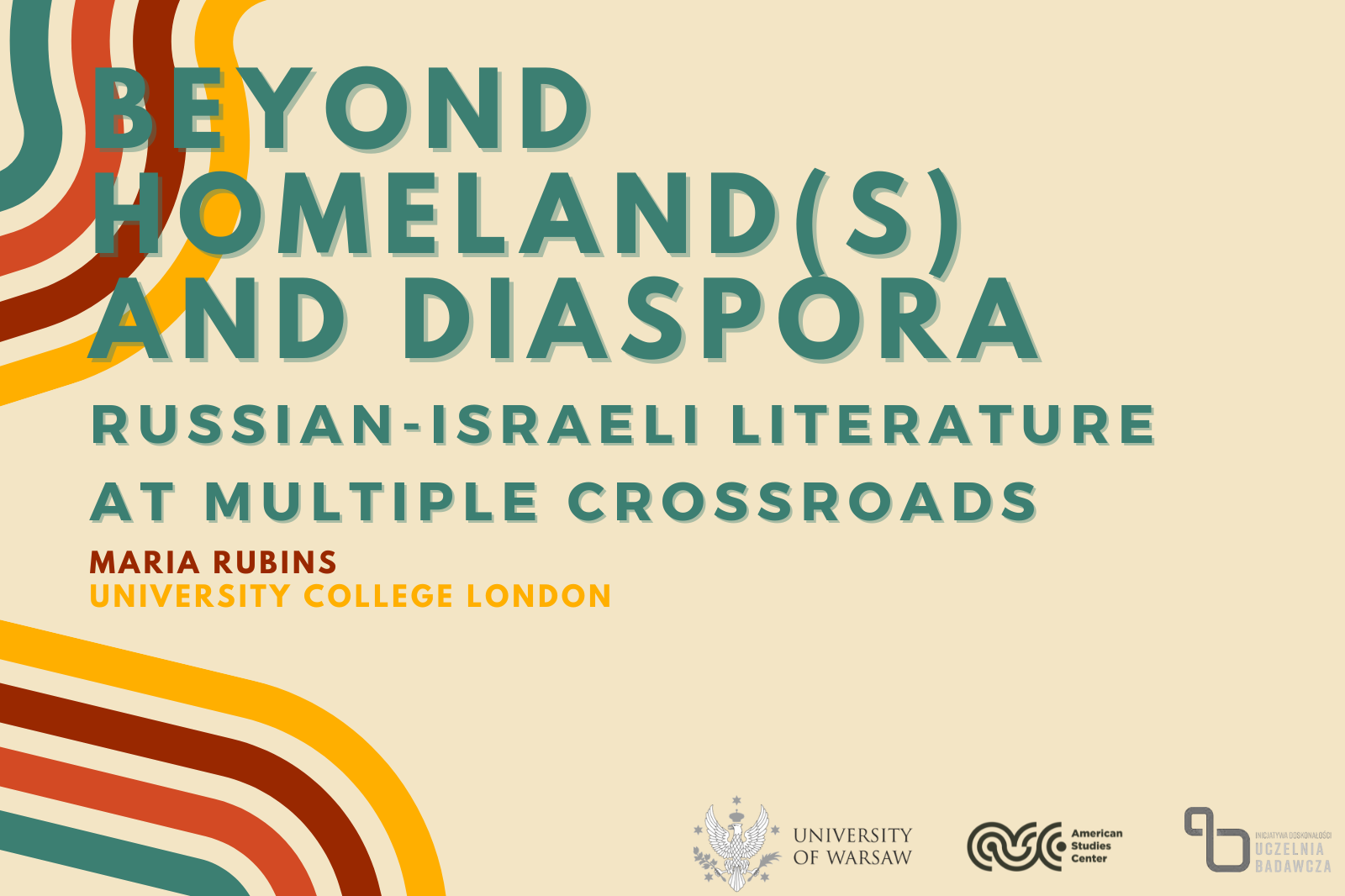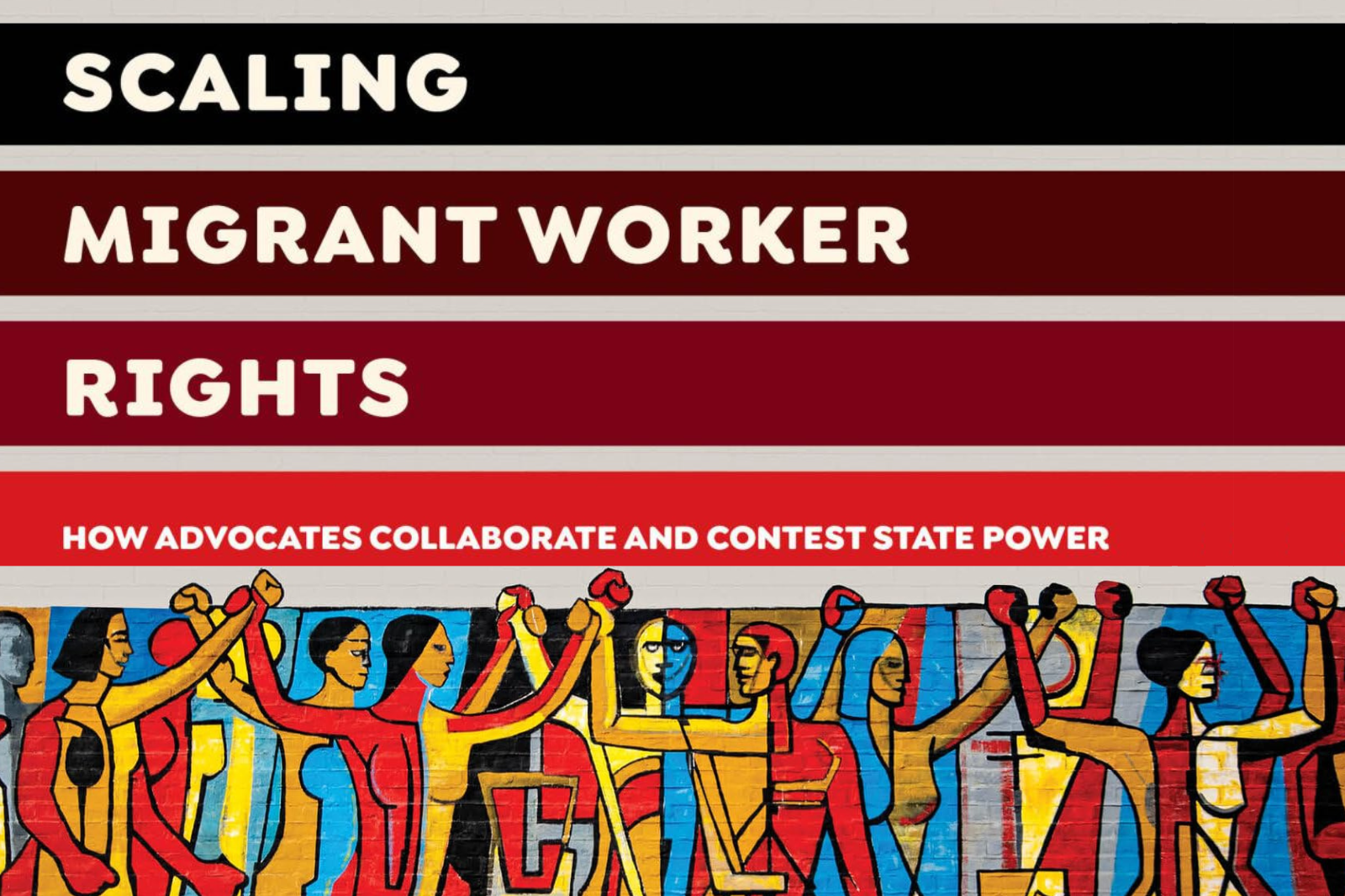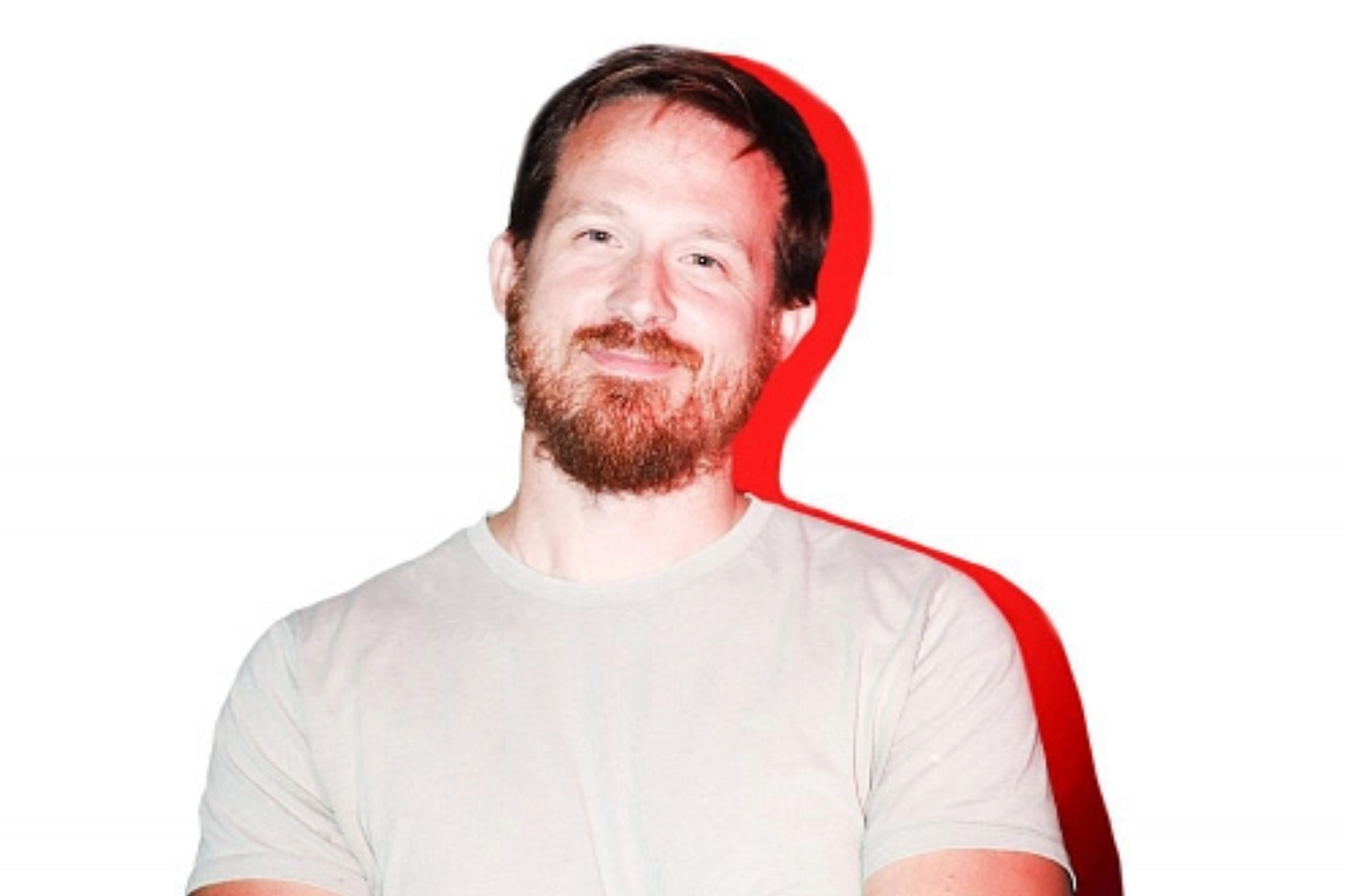Zapraszamy na wykład członkini naszej grupy,
Katarzyny Bielickiej
(University of Warsaw)
Ze wszystkich istot nadprzyrodzonych najszkodliwszy.
Wilkołaki w słowiańskim folklorze
Wtorek, 13 kwietnia, 2021
17:30
This event will be held in Polish as a part of the Monsters ReVisited series organized by the Weird Fictions Research Group members and their invited guests.
You can get 2 OZN points for participating in this event.
Gdzie?
To wydarzenie odbędzie się online. Aby wziąć udział, kliknij na przycisk poniżej lub wklej ten link to przeglądarki i dołącz do spotkania w czasie rzeczywistym: https://us02web.zoom.us/j/89811427853.
O czym?
Kiedy myślimy o wilkołakach, przed oczyma stają nam istoty znane z horrorów, ofiary ugryzienia przemieniające się podczas pełni księżyca. Jednak zanim wersja tych stworzeń z filmów zawładnęły masową wyobraźnią, o wiele większą grozę siały wilkołaki przedstawiane w ludowych opowieściach – i to do tego stopnia, że w dziewiętnastowiecznej prasie pojawiają się doniesienia o ludziach, którzy naprawdę w nie uwierzyli.
W swojej prezentacji opowiem o wilkołakach w folklorze: będzie o zapisanych przez etnografów sposobach przemiany w nie i o odczynianiu takiej klątwy, o zaskakującym wydarzeniu związanym z masowymi przemianami przez urażoną wiedźmę, o podobieństwie ich do modnych obecnie upiorów i o obecności wilkołaków w religii pogańskiej, której pozostałości przetrwały nawet po wprowadzeniu chrześcijaństwa, w którym stworzenia te zostają oddane pod opiekę świętych. Przyjrzymy się także wpływowi tej wiary na codzienne życie: botanikowi, który próbował przekonać do nazywania „wilkołakami” niektórych roślin, żebrakom lub żartownisiom udającym wilkołaki, a nawet przypadkowi, gdy wiara w wilkołaki uratowała komuś życie.
Kto?
Katarzyna Bielicka jest studentką kolegium MISH. Pracowała przy „Projekcie upiór”, projekcie Biblioteki Narodowej, Instytutu Adama Mickiewicza i Discarding Images. Finalistka Olimpiady Literatury i Języka Polskiego. Oprócz folkloru interesuje się również science-fiction.




